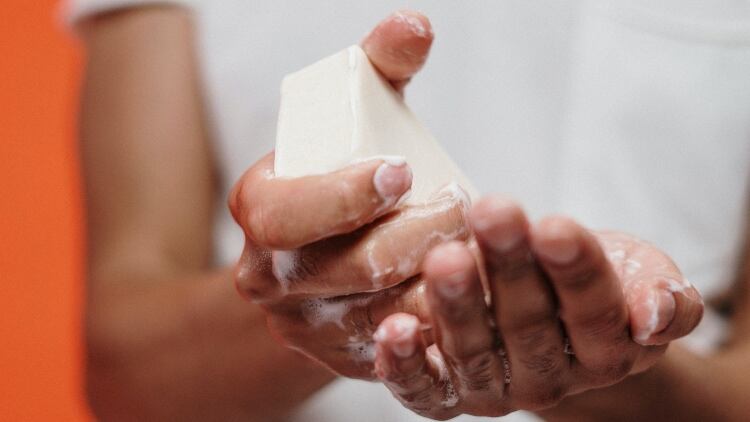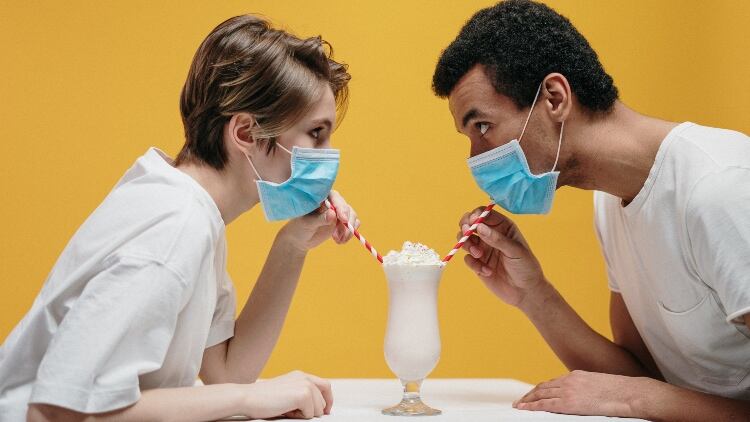Between Our plan to rebuild: The UK Government’s Covid-19 recovery strategy document published on Monday 11 May and a speech by Prime Minister Boris Johnson the day before, the Government has outlined its plans to emerge from Covid-19 lockdown in three phases of recovery.
The reopening of “at least some” pubs and hospitality venues is pencilled in for no earlier than 4 July under the Government’s third and final phase – which will only be reached on the condition that five tests are satisfied (see box out).
What are the Government’s five tests?
On 16 April, the Government presented five tests for easing measures and advancing through the three phases of lockdown recovery. These are:
- Being confident that sufficient critical care and specialist treatment are available across the UK
- Seeing a sustained and consistent fall in the daily death rates from Covid-19 demonstrating that we have moved beyond the peak
- Seeing reliable data showing that the rate of infection is decreasing to manageable levels
- Being confident that the range of operational challenges, including testing capacity and PPE are in hand
- Being confident that any adjustment to the current measures will not risk a second wave of infections that overwhelms the NHS
The document states that “higher-risk” businesses including hospitality venues such as pubs and bars will be required to meet sector specific “Covid-19 secure guidelines” to be released this week if they are to reopen later in the summer.
“Some venues which are, by design, crowded and where it may prove difficult to enact distancing may still not be able to reopen safely at this point, or may be able to open safely only in part,” advice states.
It adds that venues will have their ability to adopt “Covid-19 secure guidelines” tested and that a series of task forces will work closely with stakeholders across different sectors to develop ways in which they can make businesses and public places Covid-19 secure.
On top of this, the Government adds that measures will be in place to ensure that the country is prepared for the challenges yielded by the winter flu season.
These steps, in addition to the numerous social distancing measures outlined, will inevitably have knock-on effects for pub and bar staff returning to venues as and when they reopen.
Under Annex A: Staying safe outside your home, the Government sets out a number of social distancing measures to be adopted “wherever possible”, with authorities examining more stringent enforcement measures for non-compliance, with higher fines likely to be introduced.
“The Government is also using these principles as the basis of discussions with businesses, unions, local government and many other stakeholders to agree how they should apply in different settings to make them safer,” the plan adds. “All of us, as customers, visitors, employees or employers, need to make changes to lower the risk of transmission of the virus.”
How could pubs change?
The Government pinpoints Public Health England advice that Brits stay two metres away from people outside their household as a precaution, meaning that operators and staff will need to devise new service and ordering practices should their venue reopen later this summer.
As an example, US-based design and strategy firm Streetsense advises: “Service will need to be modified to minimise contact, reduce table touches and ease potential moments of friction like arrival, table setting, dropping food and payment.”
The 50-page document also states that Brits should avoid being face to face with people if they are outside their household – which will inevitably have an impact on ordering and service in pubs. According to the Government’s plan, you are at higher risk of being directly exposed to respiratory droplets released by someone talking and can lower the risk of infection if you stay side to side rather than facing people, as one possible alternative.
Additionally, workers are advised to reduce the number of people they spend time with in a work setting where possible. “You can lower the risks of transmission in the workplace by reducing the number of people you come into contact with regularly, which your employer can support where practical by changing shift patterns and rotas to match you with the same team each time and splitting people into smaller, contained teams,” guidance states.
What could social distancing in post-pandemic pubs look like?
From potential city-wide open-air café bars to limited capacity and table-service only – how are pubs and bars across the globe planning to reopen under social distancing measures?
Read more here.

On top of this, Brits have been implored to avoid crowds, which could mean pubs opening at reduced capacity as authorities in Spain and Greece plan to, for example, take steps to free up venue space by using external storage, or change a site’s layout to avoid pinch points. “Businesses should take reasonable steps to avoid people being gathered together, for example, by allowing the use of more entrances and exits and staggering entry and exit where possible,” the recovery plan explains.
What’s more, in light of advice for workers to avoid public transport in favour of cycling or walking to work where possible, the Government has also suggested that employers consider expanded bicycle storage facilities or car parking – something that operators may have to account for in any site reconfiguration.
Workplace hygiene
Where it’s not possible to avoid groups or crowds, guidance states that face-coverings should be worn. “Home-made cloth face-coverings can help reduce the risk of transmission in some circumstances. Face-coverings are not intended to help the wearer, but to protect against inadvertent transmission of the disease to others if you have it asymptomatically.
“A face covering is not the same as a face mask, such as the surgical masks or respirators used as part of personal protective equipment by healthcare and other workers.”
It’s also been advised that indoor spaces are kept well ventilated. “Evidence suggests that the virus is less likely to be passed on in well-ventilated buildings and outdoors,” the Government document says. “In good weather, try to leave windows and doors open in places where people from different households come into contact – or move activity outdoors if you can. Use external extractor fans to keep spaces well ventilated and make sure that ventilation systems are set to maximise the fresh air flow rate. Heating and cooling systems can be used at their normal temperature settings.”
However, this could provide challenges for pub cellars, where staff may have to exercise caution or designate members for certain tasks that involve using less well-ventilated areas.
What’s more, the Government advises that Brits keep their hands and face as clean as possible, washing hands often using soap and water before drying them thoroughly, and using sanitiser where available outside your home, especially as you enter a building and after you have had contact with surfaces. This means that pub and bar operators will most likely need to provide additional cleaning and sanitising products for staff use on-site.
On top of this, it’s possible that operators will need to put practices into place to ensure that staff follow cleaning guidelines, for instance, in its Covid-19 Playbook, Hong Kong-based group Black Sheep Restaurants has advised scheduled venue sanitising and hand washing every 30 minutes, for example, as well as a blanket ban on physical contact.
Once staff members get home, they’ll need to ensure that any uniform or work clothes are washed thoroughly or changed before they head back to the pub for another shift. “There is some evidence that the virus can stay on fabrics for a few days, although usually it is shorter, so if you are working with people outside your household wash your clothes regularly,” advice states.
Our plan to rebuild: The UK Government’s Covid-19 recovery strategy can be read in full here.
• Read the latest digital edition of The Morning Advertiser – for free – by clicking here.




